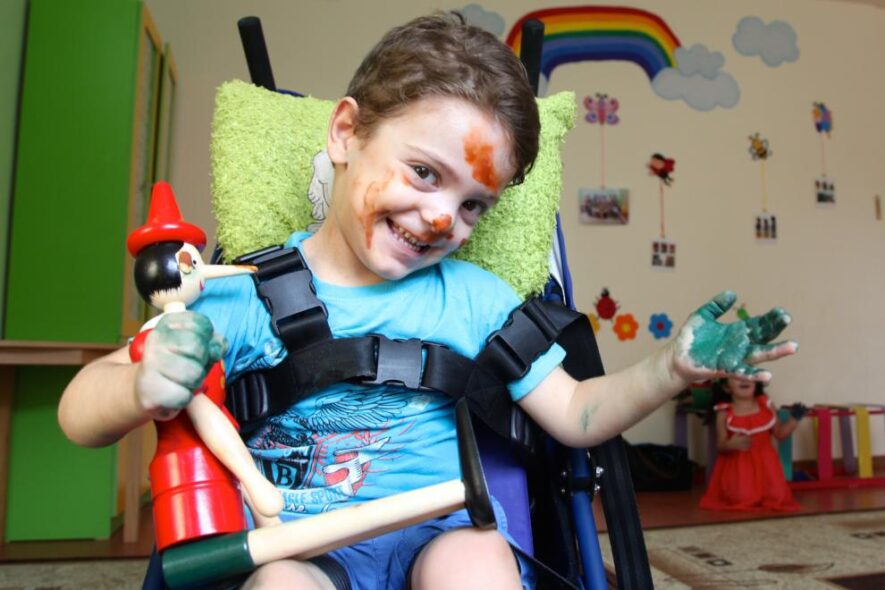
Play is a fundamental aspect of childhood development, allowing children to explore their creativity, build social skills, and enhance physical abilities. However, for children with special needs, play can present unique challenges. As a society, it is crucial that we promote inclusivity and provide support to ensure all children can experience the joys of play. In this blog, we will explore various ways to help children with special needs play, fostering an environment of acceptance, understanding, and happiness.
Get toys From Online Toys Shop In Pakistan
- Understanding Individual Needs:
The first step in helping children with special needs play is understanding that each child is unique and has strengths and challenges. Some children may have physical disabilities, while others may have sensory processing disorders or cognitive impairments. Understanding these differences is essential in providing appropriate support and adapting play activities to suit each child’s needs.
- Create an Inclusive Environment:
Inclusive play spaces are vital for children with special needs. Collaborate with schools, playgrounds, and community centers to ensure the infrastructure accommodates diverse abilities. This can include providing wheelchair-accessible ramps, sensory play areas, and equipment suitable for various disabilities.
- Engaging Sensory Play:
Sensory play is particularly beneficial for children with special needs, as it helps them explore and understand the world around them. Incorporate activities that engage their senses, such as finger painting, water play, sandboxes, or musical instruments. These activities can be therapeutic, helping them develop crucial skills while having fun.
- Communication and Socialization:
Social interactions are crucial for every child’s development, regardless of their abilities. Encourage communication and socialization by creating group activities that encourage cooperation and teamwork. This could involve simple games like tag or group art projects where children can work together and learn from one another.
- Adapted Toys and Games:
Numerous adapted toys and games are available that cater to children with special needs. These toys are designed to be accessible and enjoyable for children with various abilities. Look for toys that promote fine motor skills, cause-and-effect relationships, or those that children with limited mobility can easily operate.
- Parental Involvement:
Parents play a pivotal role in supporting their children’s play experiences. Encourage parents to get involved by providing resources, organizing workshops, or suggesting play activities that can be continued at home. This way, children can experience the joy of play beyond structured environments.
- Professional Guidance:
Seek the advice of occupational therapists, physical therapists, or special education teachers who specialize in working with children with special needs. These experts can provide valuable insights and recommendations on tailoring play experiences to suit each child’s specific requirements.
- Encourage Peer Involvement:
Inclusive play should involve children with and without special needs. Encourage peer involvement by promoting understanding and empathy among all children. Arrange playdates or group activities where children can interact in a supportive and compassionate environment.
- Patience and Flexibility:
Patience and flexibility are essential when assisting children with special needs during play. Understand that some children may take longer to grasp certain concepts or participate in activities. Be open to modifying games or activities to ensure everyone can participate and have fun.
- Celebrate Progress:
Acknowledge and celebrate the progress made by each child with special needs. Recognize their efforts and achievements, no matter how small. Positive reinforcement can boost their confidence and motivation to continue exploring the world of play.
Conclusion:
Helping children with special needs play is not just about ensuring physical accessibility; it’s about fostering a sense of belonging, acceptance, and joy. By understanding individual needs, creating inclusive environments, and providing appropriate support, we can ensure that all children have the opportunity to experience the transformative power of play. As a society, let’s work together to break down barriers and create a world where every child can play, learn, and thrive.


















